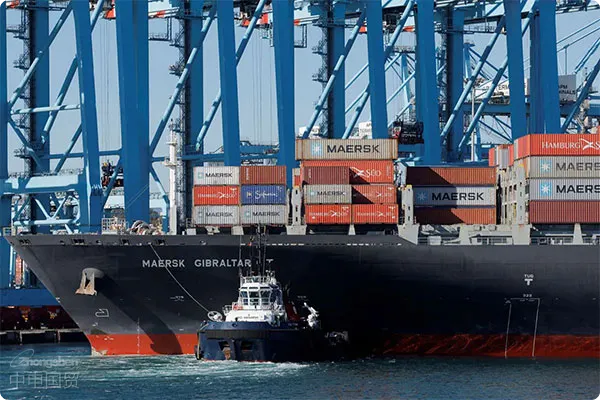- Shanghai Zhongshen International Trade Co., Ltd. - Two decades of trade agency expertise.
- Service Hotline: 139 1787 2118

As tensions in the Red Sea escalate further, the global shipping industry faces unprecedented challenges. In recent days, Yemens Houthi rebels have intensified attacks on merchant ships in retaliation for U.S. and U.K. airstrikes. These developments have led some marine insurers to refuse war risk coverage for U.S. and U.K. vessels transiting the Red Sea.
Since Monday, the Houthis have launched missile attacks on two merchant ships. Although the ships continued sailing after the attacks, the incidents have heightened regional instability. In response, major global shipping companies, including Maersk, Shell, Japans top three shipping firms, and energy transporters from Qatar, have announced avoidance of Red Sea routes.
Insurers refusal to provide coverage has significantly increased shipping costs. MarshMaritime Transportationand Marcus Baker, Global Head of Cargo Business, stated that insurers are excluding vessels linked to the U.S., U.K., and Israel when issuing coverage for ships transiting the region. This means these vessels cannot obtain adequate insurance. War risk premiums have surged in recent days, now reaching about 1% of the vessels value.
Moreover, more shipping companies are opting to reroute around the Red Sea, increasing voyage times and straining global supply chains. Reports indicate that Shell and Japans top three shipping firms have decided to halt all transits through the Red Sea. Qatar and Russias major shipping company, Sovcomflot, are also considering route changes.
These developments could significantly impact the global economy. Rising shipping costs will drive up consumer prices, especially for European consumers reliant on Asian imports. Additionally, container throughput at the Suez Canal has dropped sharply due to rerouting, harming global trade.
Economists worry the crisis could exacerbate inflationary pressures, affecting global financial markets. If the situation persists, it may delay or reverse expected interest rate cuts, threatening hopes of an economic soft landing.
The Red Sea escalation is not just a geopolitical issue but also a major risk to the global economy. As shipping companies reroute, global supply chains face challenges that could profoundly impact trade, prices, and monetary policies. Policymakers and industry leaders must closely monitor developments and take measures to mitigate the effects on the global economy.
Related Recommendations
? 2025. All Rights Reserved. 滬ICP備2023007705號-2  PSB Record: Shanghai No.31011502009912
PSB Record: Shanghai No.31011502009912









